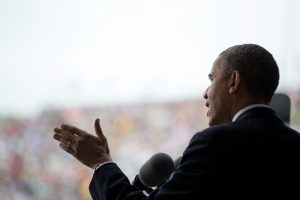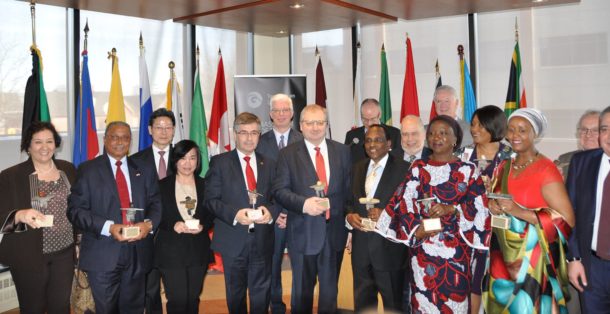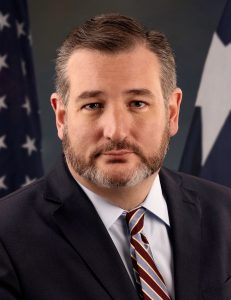Dafna H. Rand AFNA, Rebecca Wolfe, foreignpolicy.com, December 11, 2018
One year on from the defeat of the Islamic State, the new U.S. Congress should draw on lessons learned from efforts to counter violent extremism. Image from article: Iraqi men flash the victory gesture from inside a car during the Hashed Shaabi (Popular Mobilisation) paramilitary forces' celebrations marking the first anniversary of victory over the Islamic State (IS) group on December 10, 2018. (Mohammed Sawaf/AFP/Getty Images)
Image from article: Iraqi men flash the victory gesture from inside a car during the Hashed Shaabi (Popular Mobilisation) paramilitary forces' celebrations marking the first anniversary of victory over the Islamic State (IS) group on December 10, 2018. (Mohammed Sawaf/AFP/Getty Images)
Excerpt:
Congress should … work to improve U.S. foreign assistance programs that help local and national governments become more legitimate, inclusive, and fair. But any efforts to improve America’s CVE strategy will be impossible if Congress allows the further weakening of the U.S. State Department, particularly the diplomatic capacities that are dedicated to preventing conflict and extremism. Efforts by the Tunisian government to reduce the flow of foreign fighters, as well as efforts in Minneapolis to prevent young Somali-Americans from joining al-Shabab, demonstrate that public diplomacy [JB emphasis] and diplomatic influence can limit the appeal of extremism and put pressure on partner governments to change local policies. These messages focus on specific local changes that could mitigate the appeal of extremist messages or recruitment efforts and urge partners to rein in corruption and ensure that the government is more responsive to communities. …







